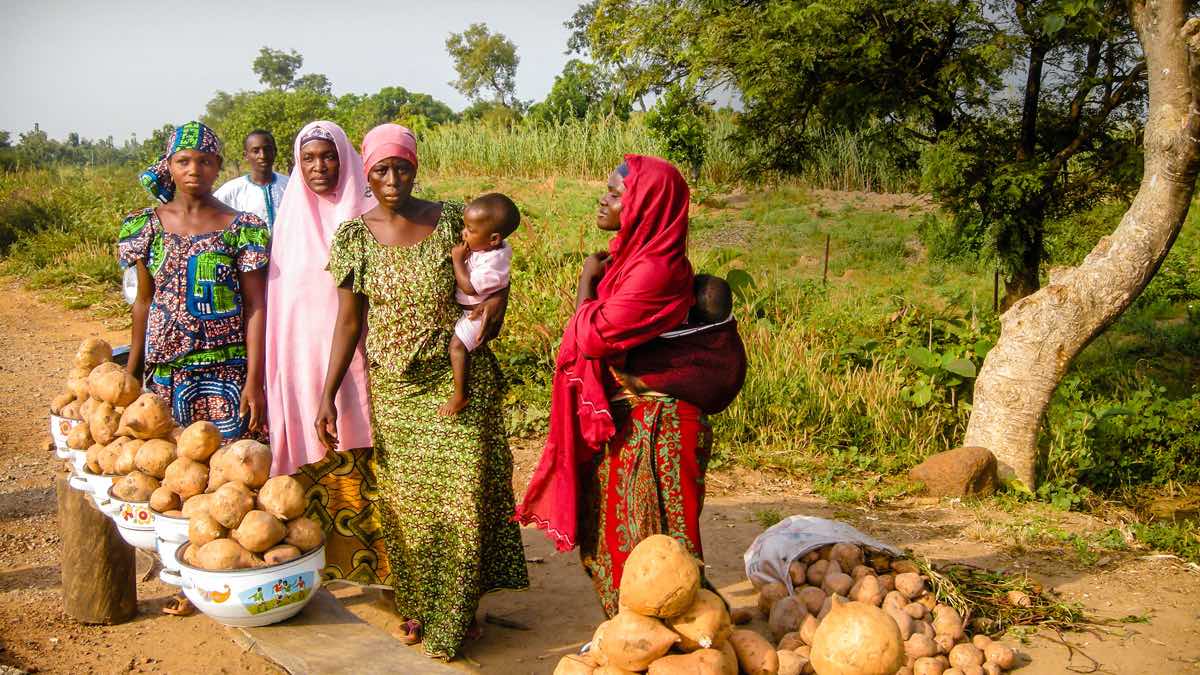IFPRI is committed to ensuring that the knowledge it generates is easily accessible. And what better time to spell out this commitment than Open Access Week , which runs from October 22-26, 2012? Check out IFPRI’s statement on Open Access, which outlines how making knowledge discoverable and available is critical for furthering IFPRI’s mission of finding sustainable solutions to reducing poverty and hunger.
IFPRI’s ability to provide access has evolved over time: from the provision of free hard copy publications in 1975 to the launch of the IFPRI website with freely available PDF publications in 1995 to IFPRI’s current work linking IFPRI data and publications with scholarly online repositories around the world.
IFPRI also maintains a knowledge repository – the nerve center for IFPRI data and product storage and sharing. It, too, is accessed primarily through the website, or through Google searches. Through this repository, IFPRI shares publications, articles, tools, datasets, and more with other online repositories, thus extending the reach of IFPRI’s knowledge around the world. For example, all IFPRI publications as well as many externally published journal articles and book chapters are included in WorldCat, an online repository containing metadata from more than 70,000 libraries from across the world.
IFPRI exhibits its metadata so that it can be harvested by other major online repositories, including OAIster, Google Scholar, and others, and uploads major publications to Google Books and Yudu and datasets to DataVerse—all of which increase the number of people who discover and make use of IFPRI research outputs to generate development outcomes. For more information on IFPRI’s innovative use of open data, please contact ifpri-library@cgiar.org.
We invite you to visit and create new tools and resources using these APIs and open metadata. And enjoy Open Access Week!







